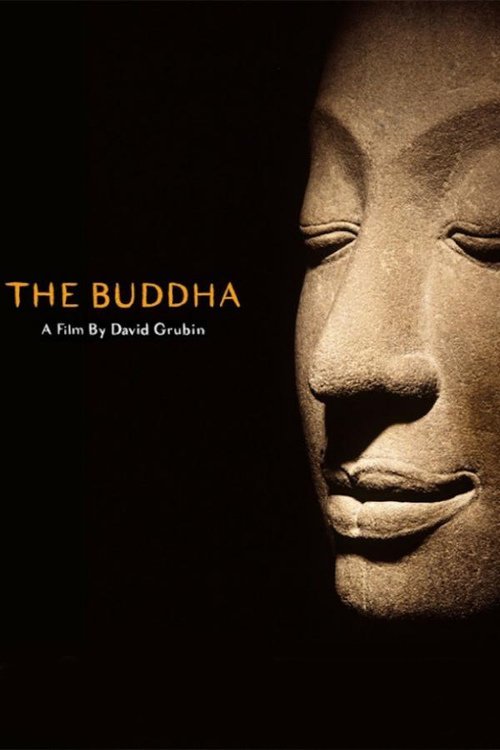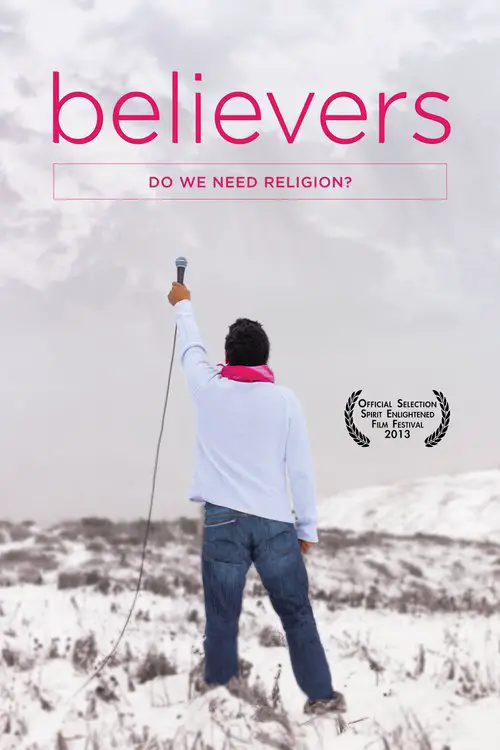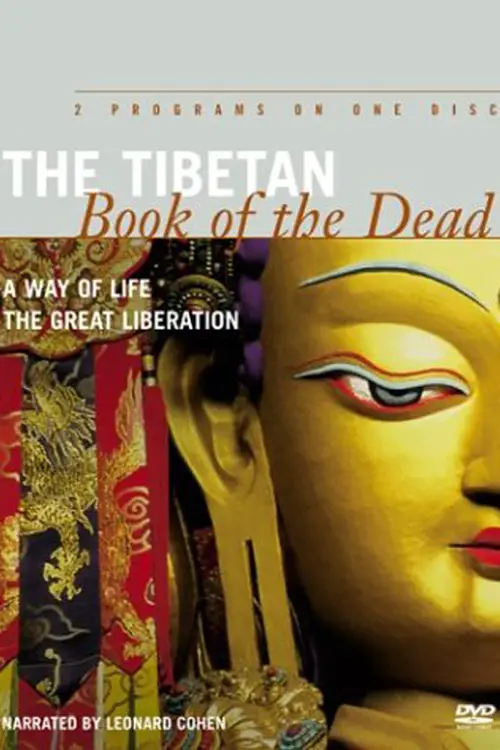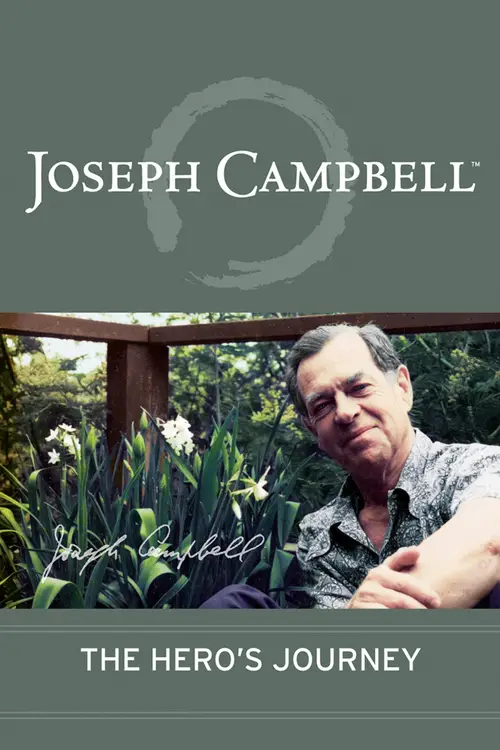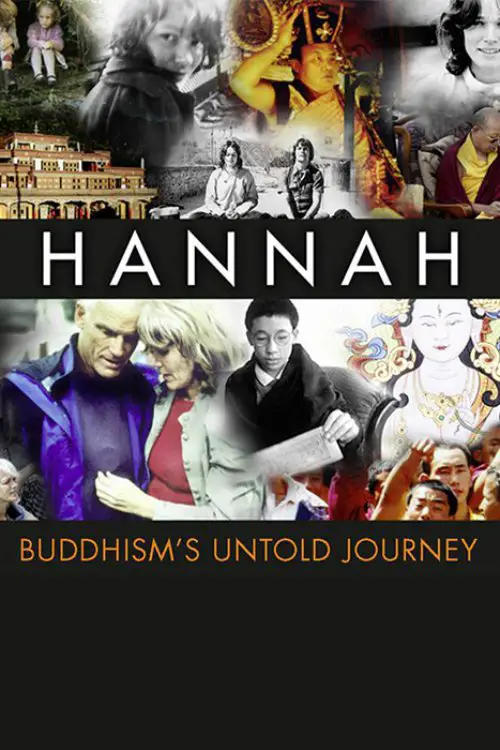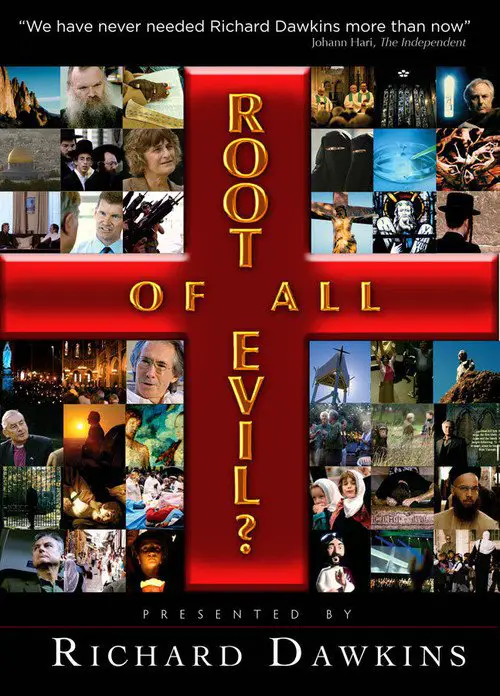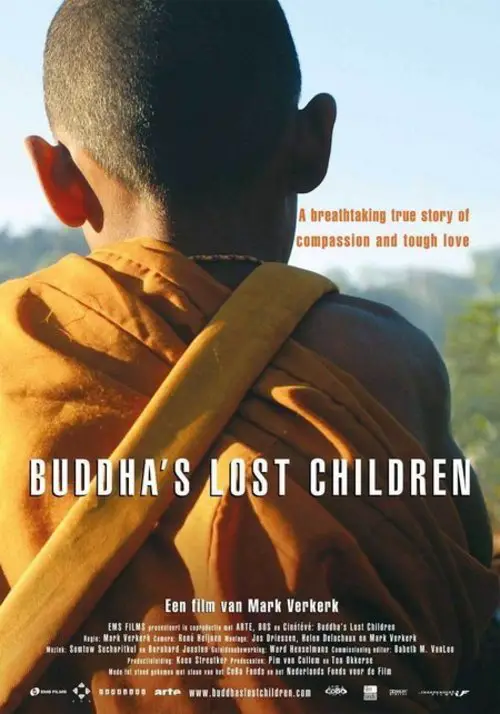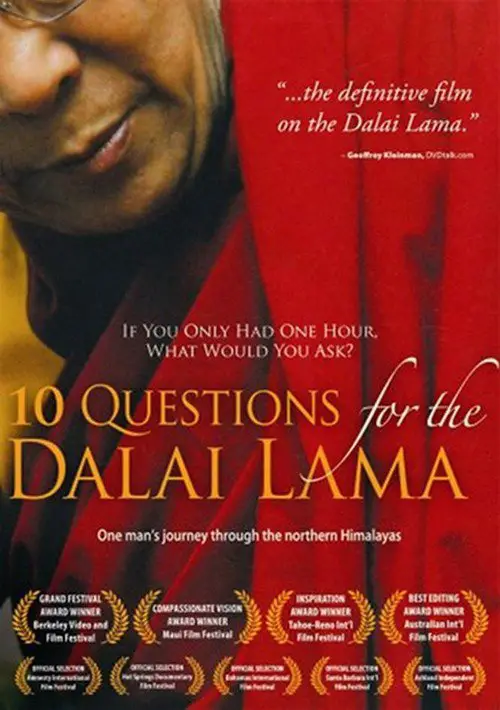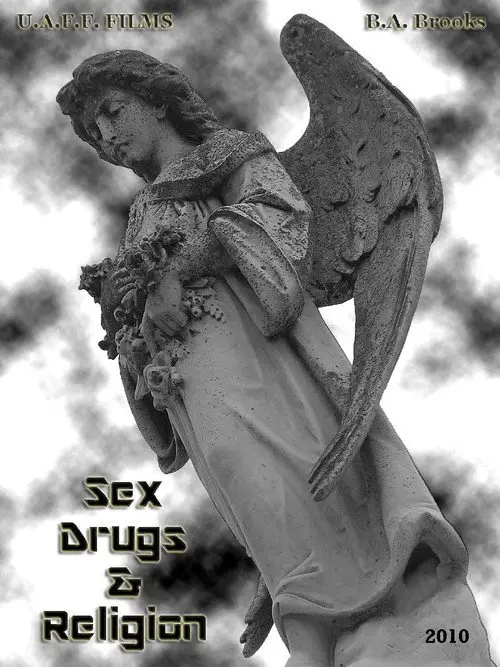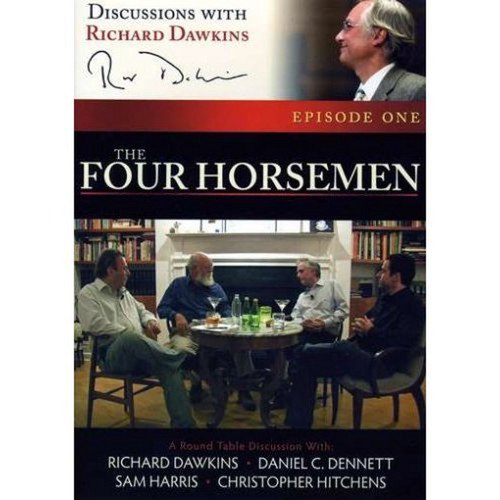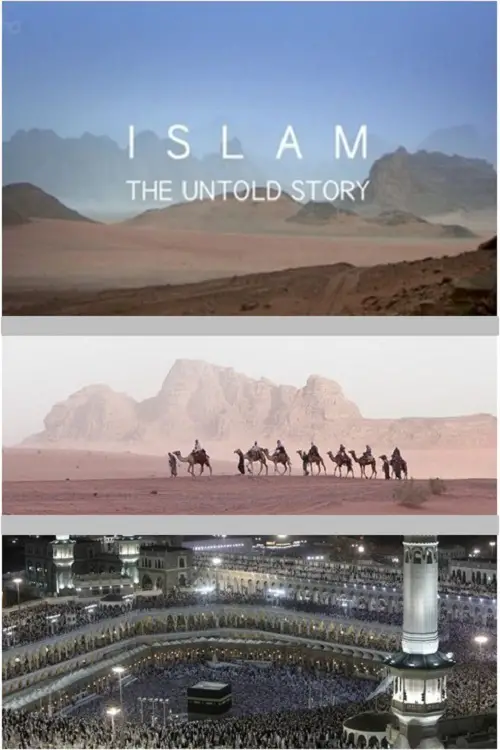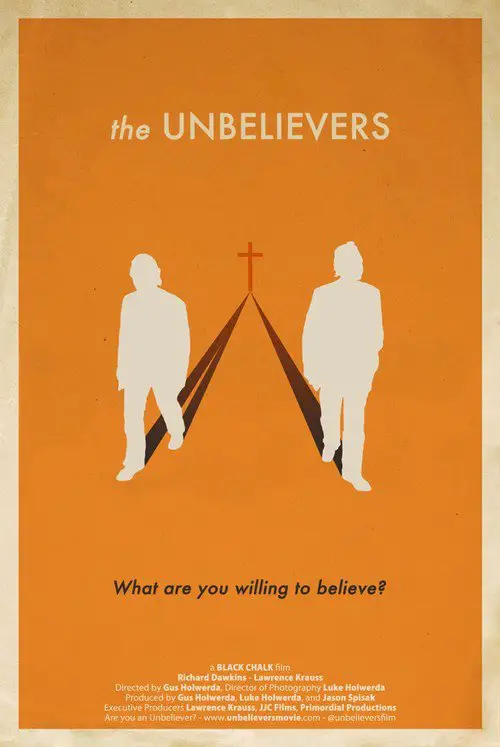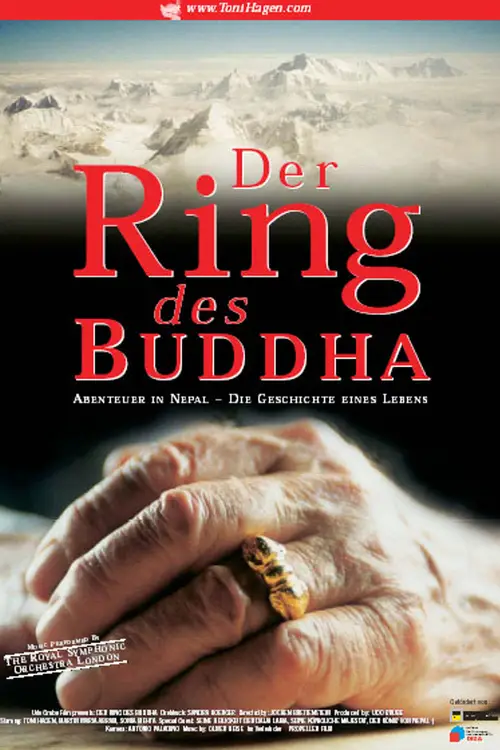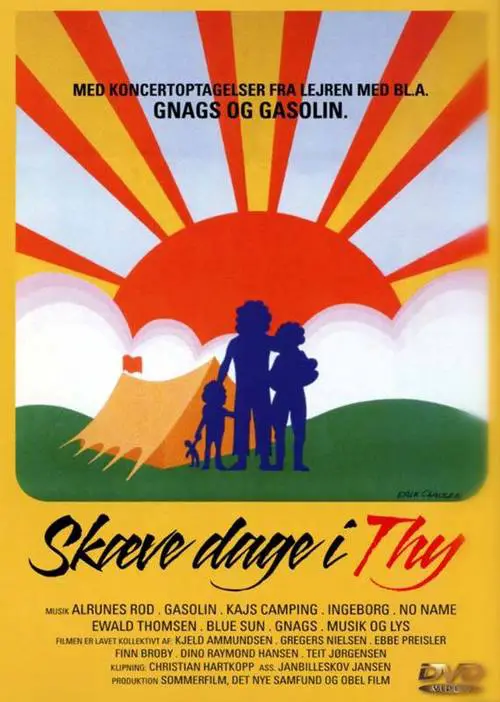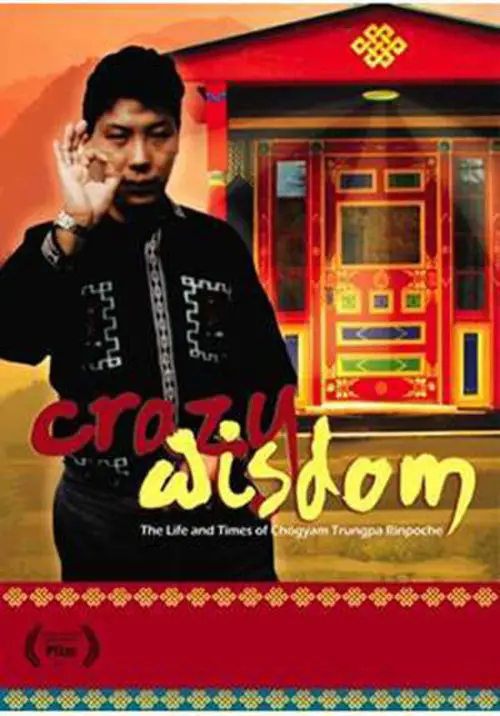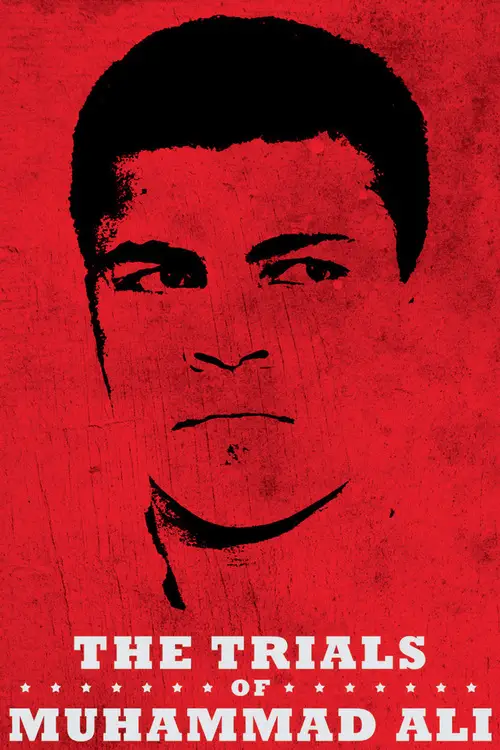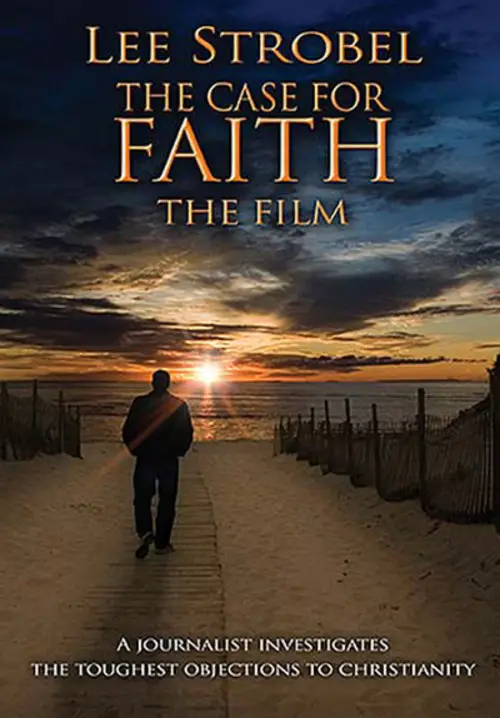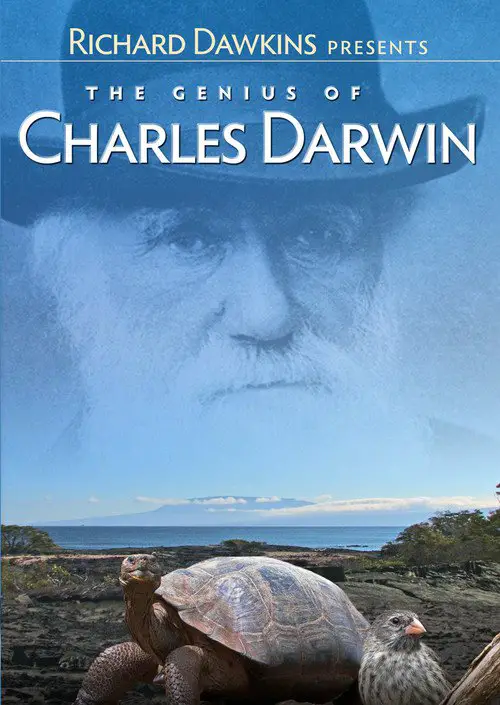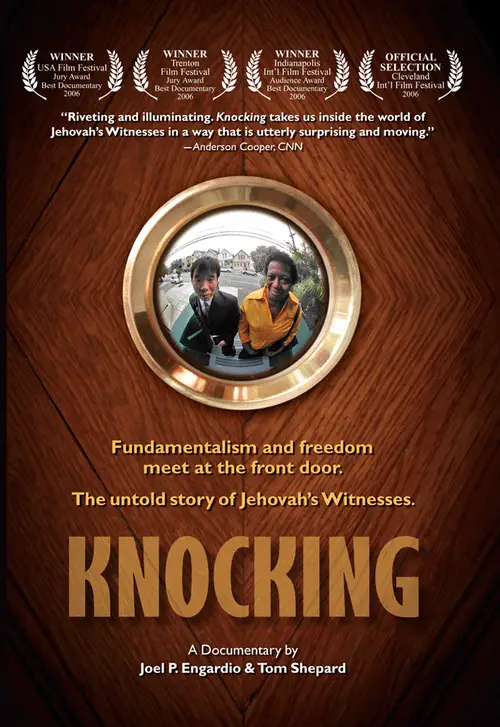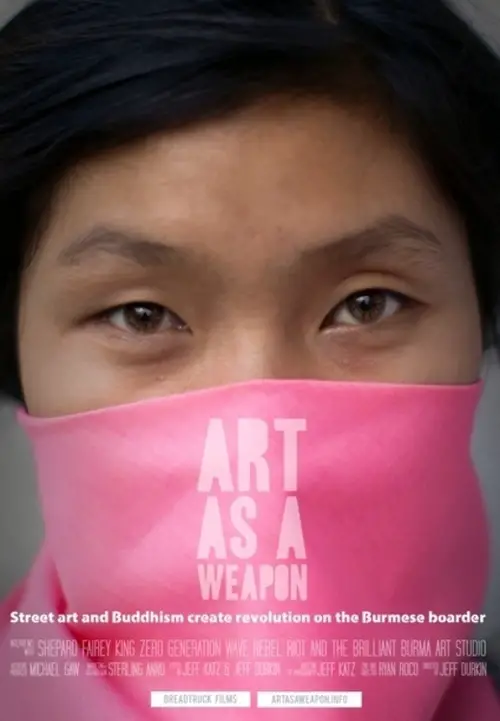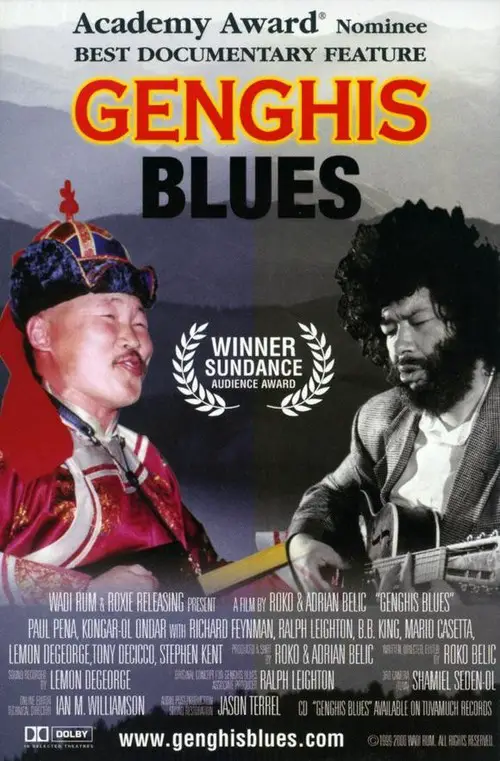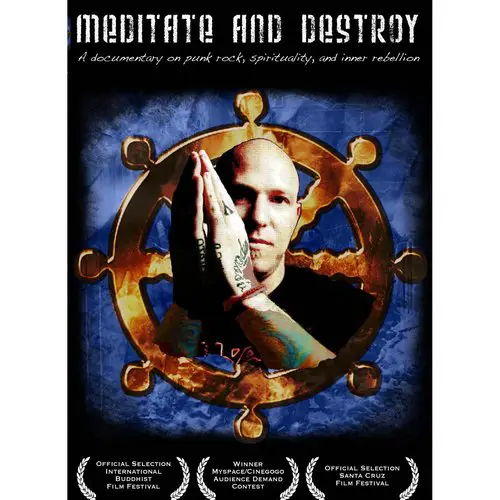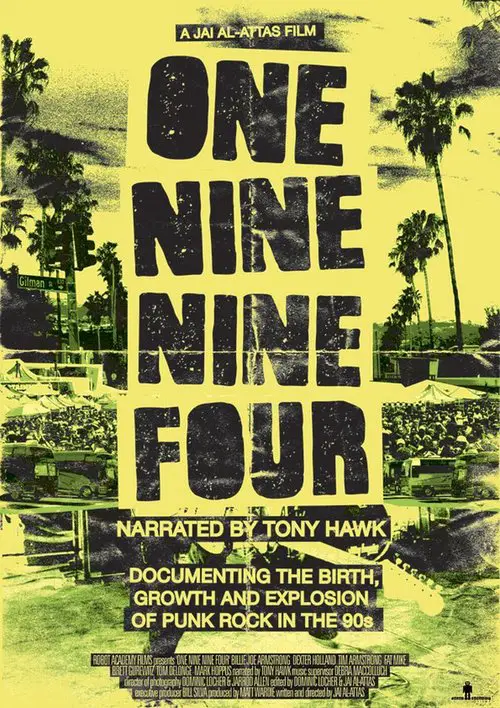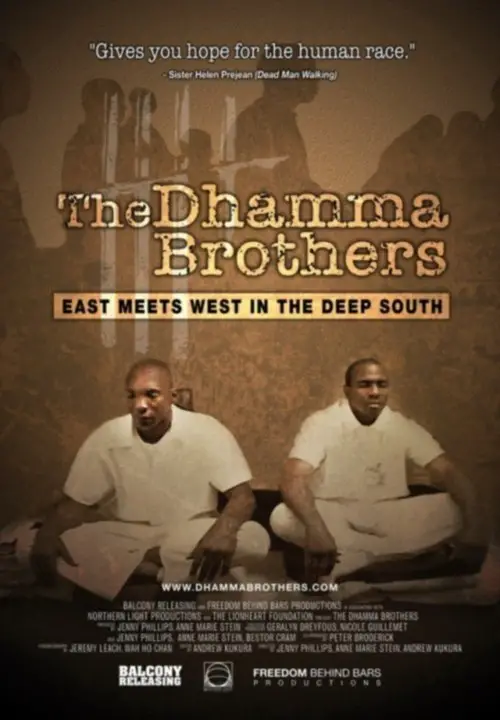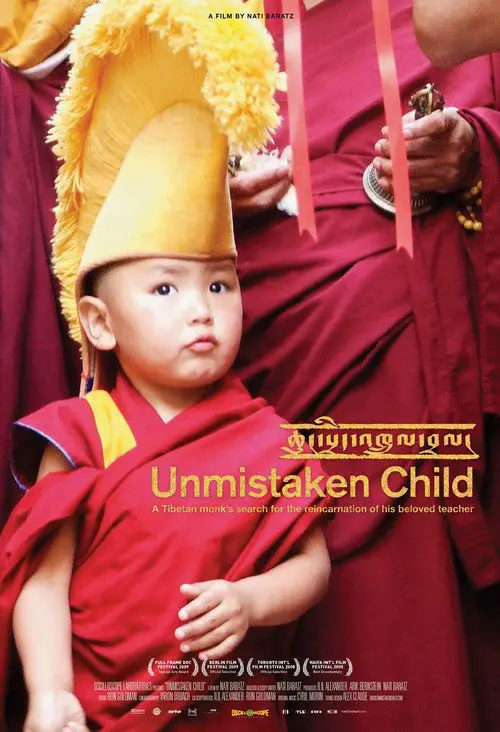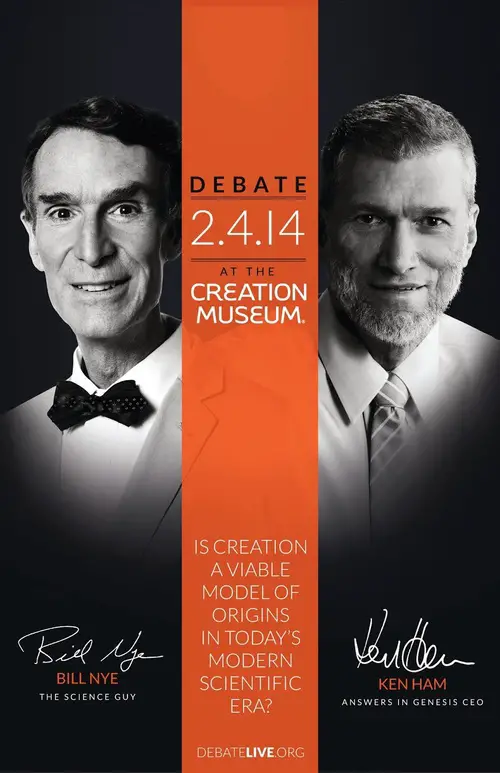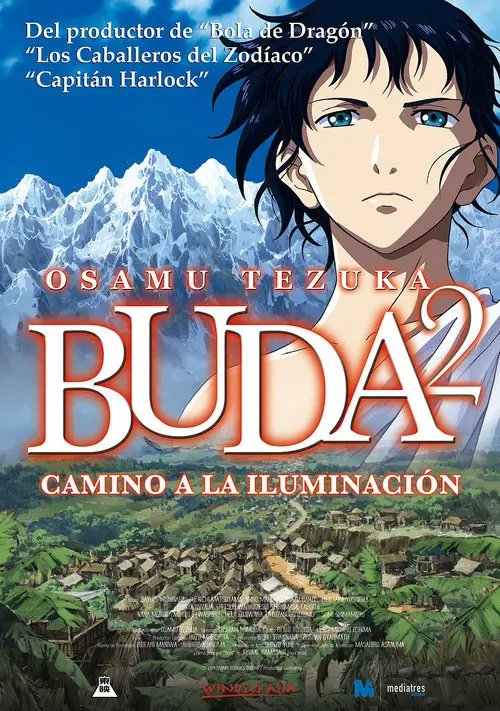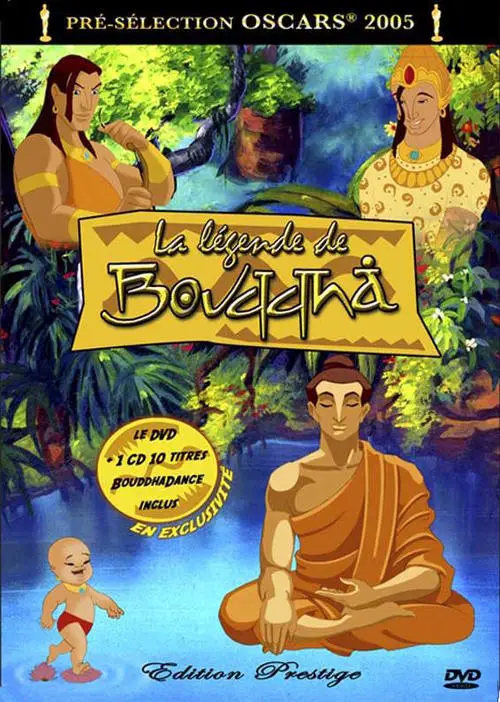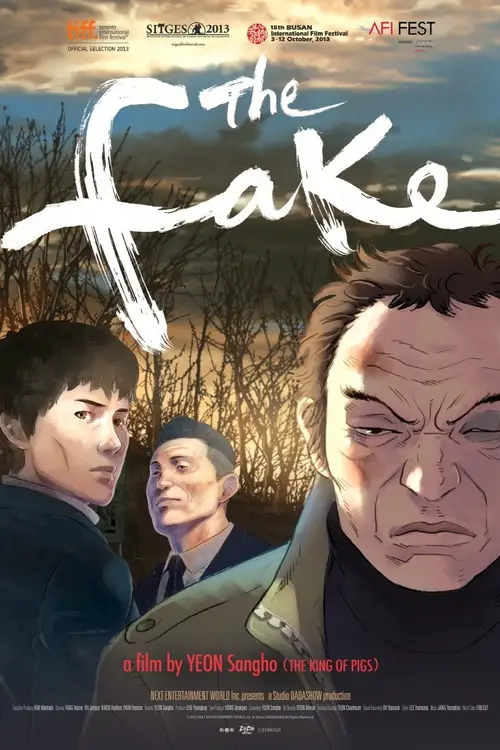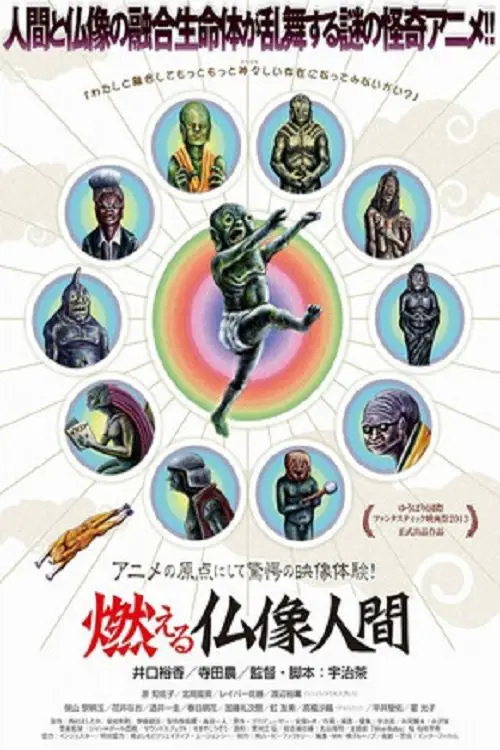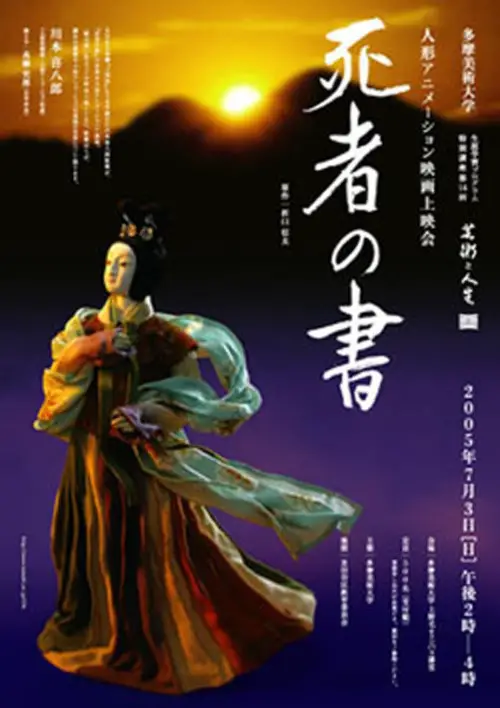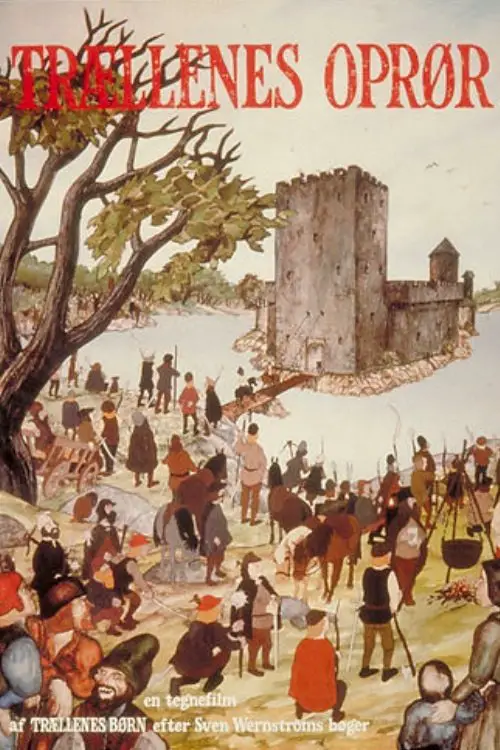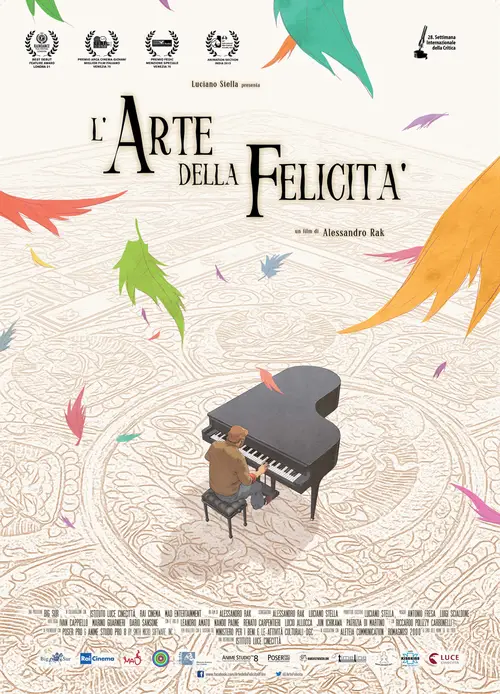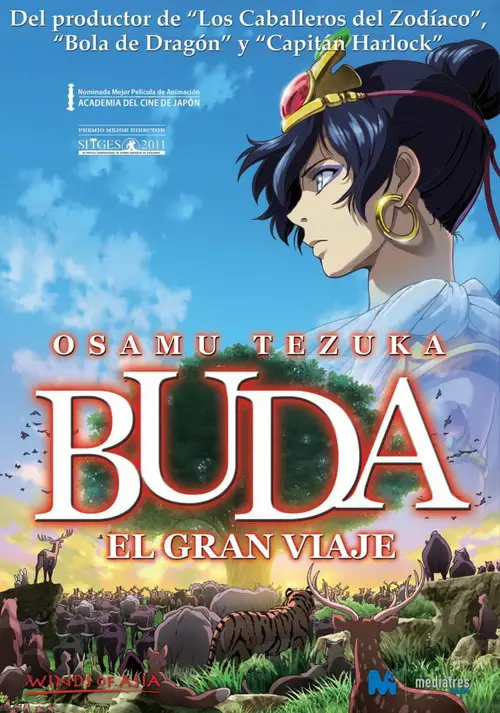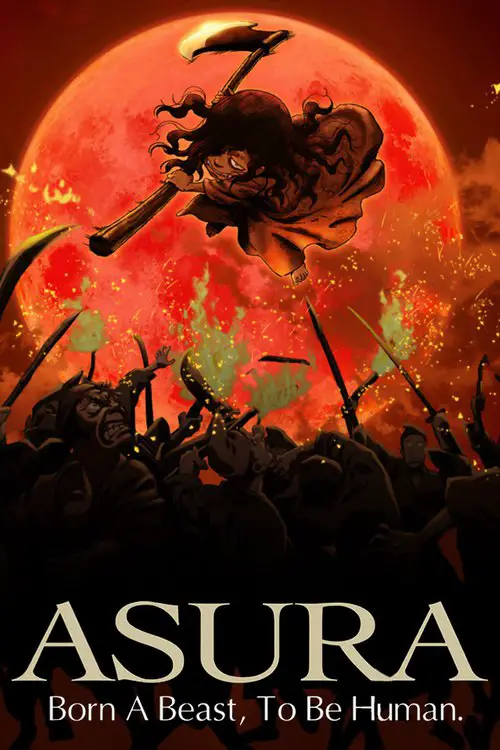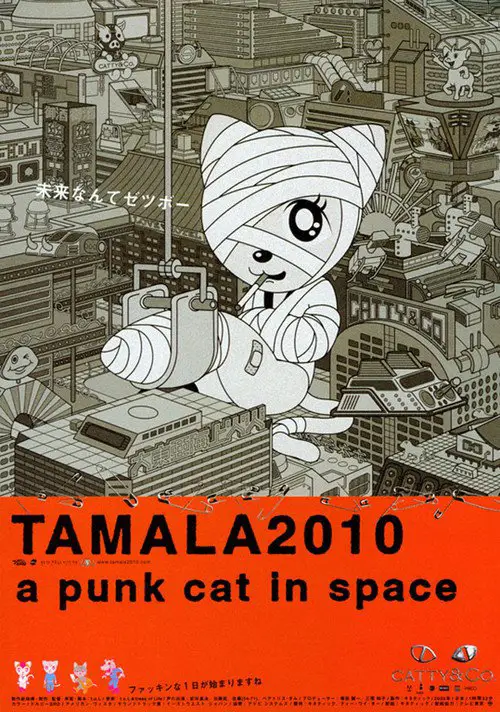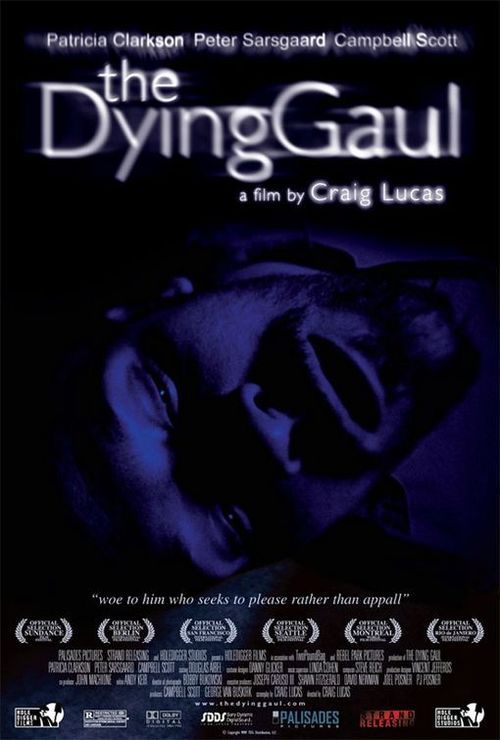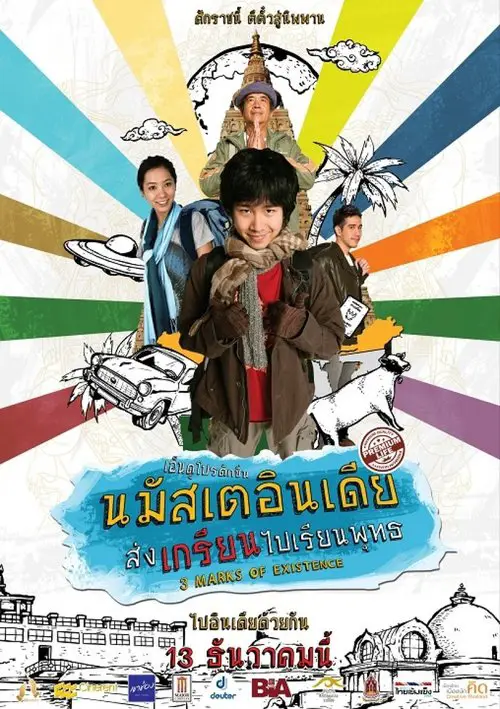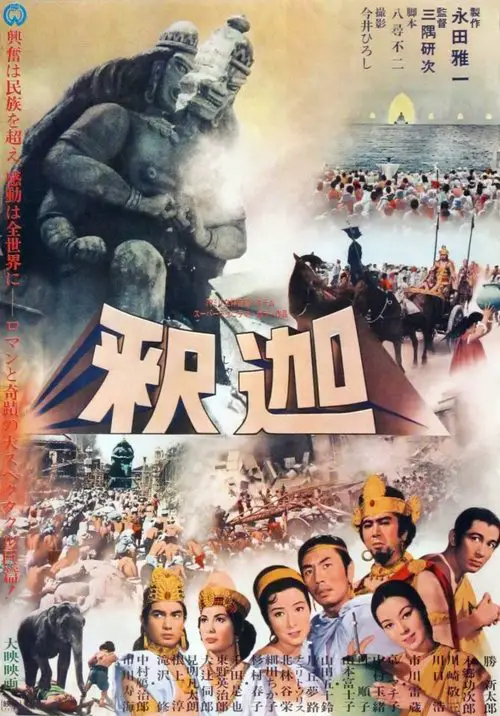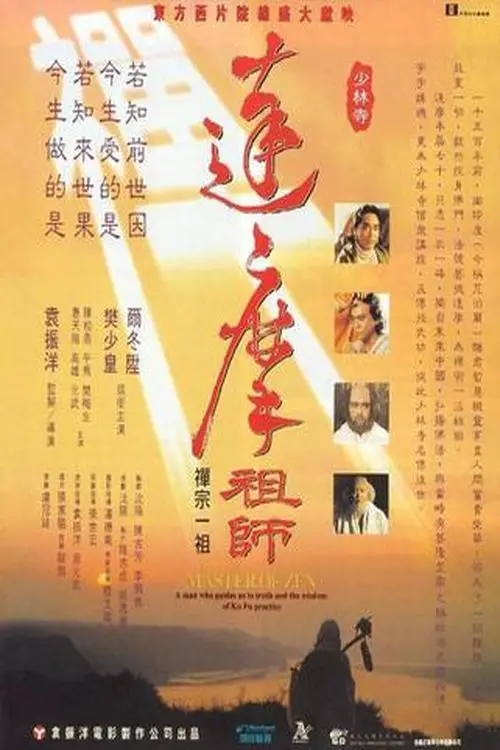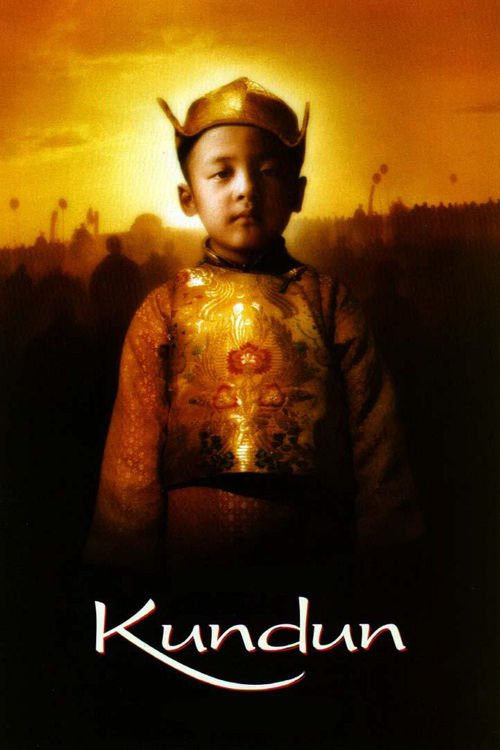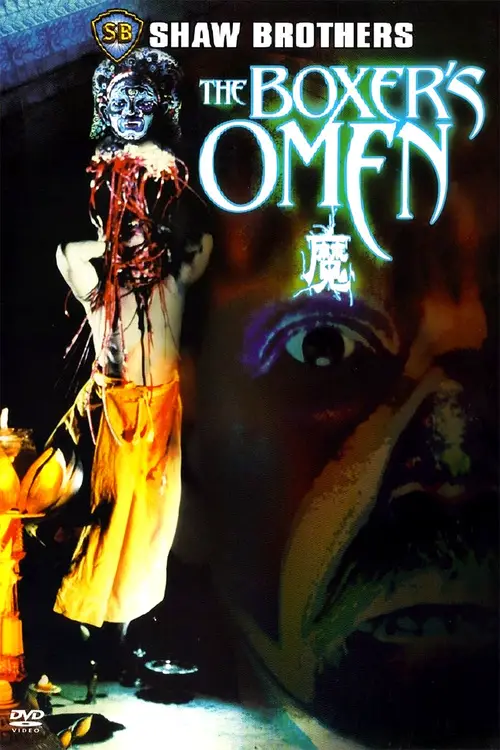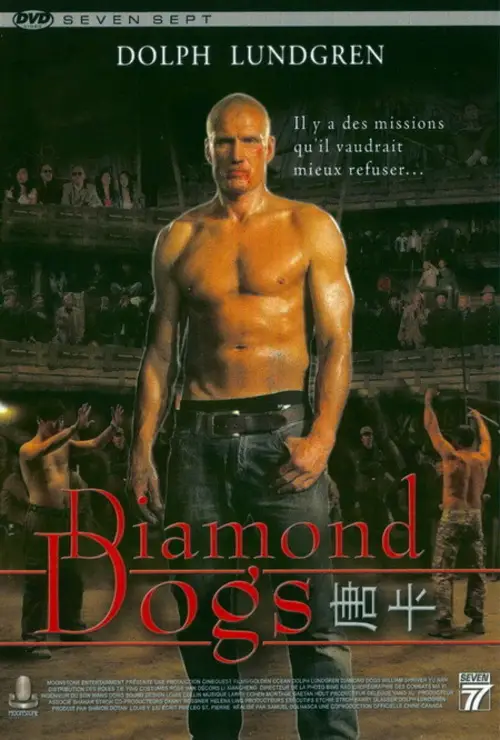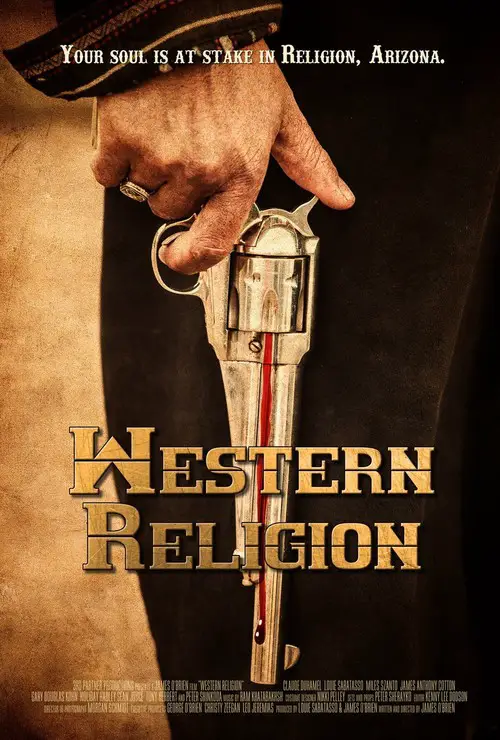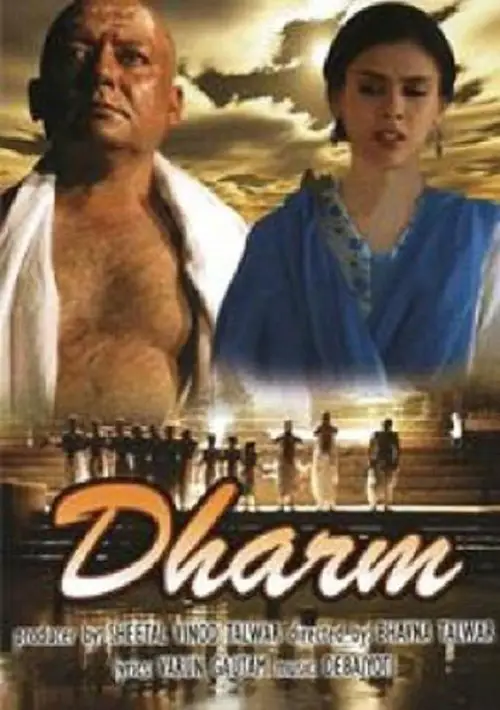The Life Of Buddha (2007)
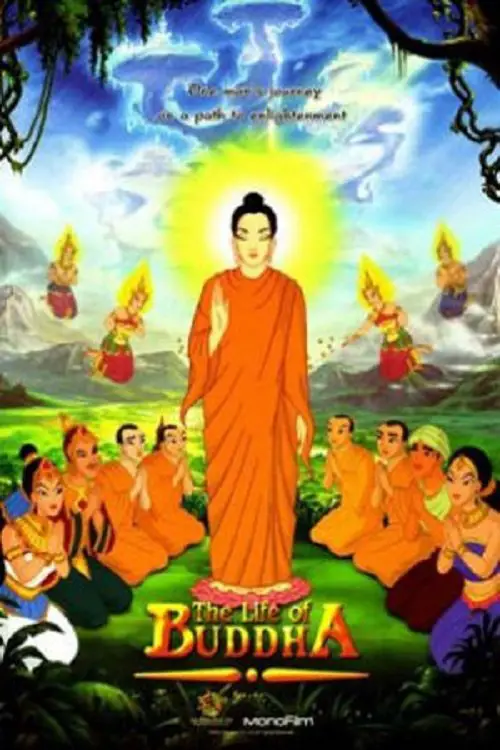
Similar movies
This documentary for PBS by award-winning filmmaker David Grubin and narrated by Richard Gere, tells the story of the Buddhaâs life, a journey especially relevant to our own bewildering times of violent change and spiritual confusion. It features the work of some of the worldâs greatest artists and sculptors, who across two millennia, have depicted the Buddhaâs life in art rich in beauty and complexity. Hear insights into the ancient narrative by contemporary Buddhists, including Pulitzer Prize winning poet W.S. Merwin and His Holiness the Dalai Lama. Join the conversation and learn more about meditation, the history of Buddhism, and how to incorporate the Buddhaâs teachings on compassion and mindfulness into daily life.
These days it seems that nothing is as polarizing and controversial as religious belief. Everywhere one goes it seems that people are asking the question: Do we even need religion? Is it limiting our understanding? What kind of world is being produced by these faith systems? Regardless of your answers to these questions, it is hard to deny that worship still plays an important role in many people's lives and many people simply do not understand where others are coming from. Believers is a unique exploration of those questions related to faith by focusing the lens on five of the world's belief systems, Agnosticism, and the new Atheism. The film follows Sacha Sewhdat's personal journey towards understanding as he searches for the value of religion in modern society. With honesty and objectivity Sacha explores what it means to believe in a higher power or what it would mean to let those beliefs go. It will both inform and challenge what you know about religion in the 21st Century.
One of the greatest storytellers of our time, and arguably the greatest mythologist, Joseph Campbell spent most of his long, rich career explaining how ancient myths like the Heroâs Journey are relevant to modern life. In understanding the importance of myth as a vital, vibrant source of "mankindâs one great story," Campbell inspired others to embark on a quest for the meaning of myth in their own lives. This biographical portrait, filmed shortly before his death in 1987, follows Campbellâs personal questâa pathless journey of questioning, discovery, and ultimately of delight and joy in a life to which he said, "Yes."
A growing number of Evangelical Christians believe there is a revival underway in America that requires Christian youth to assume leadership roles in advocating the causes of their religious movement. Jesus Camp follows children at a Christian summer camp as they hone their "prophetic gifts" and are schooled in how to "take back America for Christ." The film is a first-ever look into an intense training ground that recruits born-again Christian children to become an active part of America's political future.
Commentator-comic Bill Maher plays devil's advocate with religion as he talks to believers about their faith. Traveling around the world, Maher examines the tenets of Christianity, Judaism and Islam and raises questions about homosexuality, proof of Christ's existence, Jewish Sabbath laws, violent Muslim extremists.
'Hannah' tells the story of Buddhist pioneer Hannah Nydahl and her life bringing Tibetan Buddhism to the West. From her idealistic roots in 1960's Copenhagen to the hippie trail in Nepal, Hannah and her husband Ole became two of the first Western students of His Holiness the 16th Karmapa - the first consciously reincarnated lama of Tibet in 1110. Hannah went on to become an assistant and translator for some of the most powerful Tibetan lamas and a bridge between Buddhism in the East and the West.
In this two-part Channel 4 series, Professor Richard Dawkins challenges what he describes as 'a process of non-thinking called faith'. He describes his astonishment that, at the start of the 21st century, religious faith is gaining ground in the face of rational, scientific truth. Science, based on scepticism, investigation and evidence, must continuously test its own concepts and claims. Faith, by definition, defies evidence: it is untested and unshakeable, and is therefore in direct contradiction with science. In addition, though religions preach morality, peace and hope, in fact, says Dawkins, they bring intolerance, violence and destruction. The growth of extreme fundamentalism in so many religions across the world not only endangers humanity but, he argues, is in conflict with the trend over thousands of years of history for humanity to progress to become more enlightened and more tolerant.
How do you reconcile a commitment to non-violence when faced with violence? Why do the poor often seem happier than the rich? Must a society lose its traditions in order to move into the future? These are some of the questions posed to His Holiness the Dalai Lama by filmmaker and explorer Rick Ray. Ray examines some of the fundamental questions of our time by weaving together observations from his own journeys throughout India and the Middle East, and the wisdom of an extraordinary spiritual leader. This is his story, as told and filmed by Rick Ray during a private visit to his monastery in Dharamsala, India over the course of several months. Also included is rare historical footage as well as footage supplied by individuals who at great personal risk, filmed with hidden cameras within Tibet.
A 71 minute look into the wacky world of religion. Targeting groups from Catholics to Baptists, this movie exposes the idiocy that is associated to religion in general. This is the fourth film release from B.A. Brooks and is quickly causing quite a stir in religious communities across the globe, while also hailing acclaim as a very entertaining, and insightful film experience.
Nepal 1950. A mysterious, unexplored country. The Swiss geologist Toni Hagen, was the first European to pass through the "forbidden" kingdom. He doesn't discover any mineral resources there. Yet he does uncover the mysteries of life and penetrates towards a more profound truth which lends a new dimension to his life. In the spring of 1999, Hagen returns to Nepal to keep a promise of almost 50 years: At that time a Buddhist monk had presented him with the gift of a valuable and mystical ring.
Crazy Wisdom is the long-awaited feature documentary to explore the life, teachings, and "crazy wisdom" of Chogyam Trungpa, Rinpoche, a pivotal figure in bringing Tibetan Buddhism to the West. Called a genius, rascal, and social visionary; 'one of the greatest spiritual teachers of the 20th century,' and 'the bad boy of Buddhism,' Trungpa defied categorization.
Brash boxer Cassius Clay burst into the American consciousness in the early 1960s, just ahead of the Civil Rights movement. His transformation into the spiritually enlightened heavyweight champion Muhammad Ali is legendary, but this religious awakening also led to a bitter legal battle with the U.S. government after he refused to serve in the Vietnam War. This film reveals the perfect storm of race, religion and politics that shaped one of the most recognizable figures in sports history.
Born into Mexico's first family of sports-entertainment, Eddie Guerrero's career choice was only natural. In the ring, Eddie was unbeatable. He was part of the most popular tag team in Mexico. Fans worldwide were captivated with his high-flying style. Soon, he moved to Japan and experienced similar success. After returning to the United States, Eddie faced a challenge he was not prepared for - addiction. Surviving a car accident that almost killed him, Eddie felt he was bulletproof, resulting in reckless behavior that put his life, career and marriage in jeopardy. Then it all fell apart. The true test of any man is how he handles adversity. In one of the most inspiring stories in the history of sports-entertainment, Eddie Guerrero not only regained his life, he surpassed his wildest dreams. This is his story.
A documentary series from Channel 4, hosted by professor Richard Dawkins, well-known darwinist. The series mixes segments on the life and discoveries of Charles Darwin, the theory of natural selection and evolution, and Dawkins' attempts at convincing a group of school children that evolution explains the world around us better than any religion.
Knocking opens the door on Jehovah's Witnesses. They are moral conservatives who stay out of politics and the Culture War, but they won a record number of court cases expanding freedom for everyone. They refuse blood transfusions on religious grounds, but they embrace the science behind bloodless surgery. In Nazi Germany, they could fight for Hitler or go to the concentration camps. They chose the camps. Following two families who stand firm for their controversial and misunderstood Christian faith, KNOCKING reveals how one unlikely religion helped to shape history beyond the doorstep.
Street art, creativity and revolution collide in this beautifully shot film about artâs ability to create change. The story opens on the politically charged Thailand/Burma border at the first school teaching street art as a form of non-violent struggle. The film follows two young girls (Romi & Yi-Yi) who have escaped 50 years of civil war in Burma to pursue an arts education in Thailand. Under the threat of imprisonment and torture, the girls use spray paint and stencils to create images in public spaces to let people know the truth behind Burma's transition toward "artificial democracy." Eighty-two hundred miles away, artist Shepard Fairey is painting a 30â mural of a Burmese monk for the same reasons and in support of the students' struggle in Burma. As these stories are inter-cut, the film connects these seemingly unrelated characters around the concept of using art as a weapon for change.
Documentary filmmaker Amy Berg investigates the life of 30-year pedophile Father Oliver O'Grady and exposes the corruption inside the Catholic Church that allowed him to abuse countless children. Victims' stories and a disturbing interview with O'Grady offer a view into the troubled mind of the spiritual leader who moved from parish to parish gaining trust ... all the while betraying so many.
Blind blues musician Paul Pena is perhaps best known for his song "Jet Airliner". In 1993, Pena heard Tuvan throat singing over his shortwave radio and subsequently taught himself how to reproduce these extraordinary sounds. This documentary follows him to Tuva, where he takes part in a throat singing competition.
Meditate and Destroy is a feature documentary about punk rock, spirituality, and inner rebellion. This powerful documentary shows how author Noah Levine (Dharma Punx, Against the Stream) uses his personal experience and punk-rock sensibilities to connect with young people within juvenile halls and urban centers around the country. Tattoos, motorcycles, and an engaging punk rock soundtrack are featured in this hard-hitting look at how Buddhism has a place in the world of punks.
One Nine Nine Four is a documentary film written and directed by Jai Al-Attas, "exploring the birth, growth and eventual tipping point of punk rock during the 90s" . The bulk of the film's content consists of band interviews and archive footage. The film is narrated by skateboarder Tony Hawk and features interviews and footage of various bands and figures in the punk scene including Billie Joe Armstrong of Green Day, Dexter Holland from The Offspring, Greg Graffin and Brett Gurewitz from Bad Religion, Tim Armstrong, Matt Freeman (previously of Operation Ivy) and Lars Fredriksen from Rancid, Fat Mike from NOFX as well as Mark Hoppus and Tom DeLonge from Blink-182 .
East meets West in the Deep South. An overcrowded maximum-security prison-the end of the line in Alabama's correctional system-is dramatically changed by the influence of an ancient meditation program. Behind high security towers and a double row of barbed wire and electrical fence dwells a host of convicts who will never see the light of day. But for some of these men, a spark is ignited when it becomes the first maximum-security prison in North America to hold an extended Vipassana retreat, an emotionally and physically demanding course of silent meditation lasting ten days. The Dhamma Brothers tells a dramatic tale of human potential and transformation as it closely follows and documents the stories of the prison inmates at Donaldson Correction Facility who enter into this arduous and intensive program. Written by Balcony Releasing
A historical analysis of how groups such as the Naziâs may use language, symbols, and religious connotation in order to come to power. It raises questions that deserve in depth analysis and consideration. Questions include: Where do legends expand our thinking and where do they bury it? When does spiritual pursuit suddenly turn into fanaticism and violence? Last, have we as a society learned from our past, and if so have forgotten the lessons of the 20th Century? Are we now embarking on a new level only to learn the same old lessons about humanity again? In addressing these questions we are taken into the back drop of the history of Germany beginning in the late 1800âs through the late 20th Century at the eve of the 21st. âA society that does not take archetypes, myths, and symbols seriously will possibly be jumped by them from behind.â
In Nepal, a venerable monk, Geshe Lama Konchog, dies and one of his disciples, a youthful monk named Tenzin Zopa, searches for his master's reincarnation. The film follows his search to the Tsum Valley where he finds a young boy of the right age who uncannily responds to Konchog's possessions. Is this the reincarnation of the master? After the boy passes several tests, Tenzin takes him to meet the Dali Lama. Will the parents agree to let the boy go to the monastery, and, if so, how will the child respond? Central to the film is the relationship the child develops with Tenzin.
Hosted by Ben Stein, this controversial documentary examines how pro-intelligent design scholars and scientists are often chastised, fired or denied tenured positions by those who believe in Darwin's theory of evolution. Nathan Frankowski's film explores how scientists who believe in God are oppressed and how the acceptance of Darwinism might have played a role in the formation of the Nazi regime.
Jesus Christ and Gautama Buddha, the founders of Christianity and Buddhism, are living together as roommates in a Tokyo apartment while taking a vacation on Earth. The comedy often involves jokes about Christianity, Buddhism, and all things related, as well as the main characters' attempts to hide their identities and understand modern society in Japan.
There is a series of Buddha statue thefts in Kyoto. Beniko, a high school girl, gets the Buddha statue at her family's temple stolen and has her parents killed at the same time. She needs to know what caused the death of a parents and dreams of revenge. She goes on a fantastical journey to ultimately face the demon. The entire film is produced by hand drawing all the gods 'manifesto animation' or 'gekimation' based on the amazing hand drawings.
The plot concerns a sheltered aristocratic woman in feudal Japan. Bored and unfamiliar with the world outside her estate, she passes the time copying a special Buddhist sutra sent by her father who has been absent on official business for years. While gazing out her window one late afternoon, the setting sun creates a vision of a holy figure in the distant mountains.
Sergio driving a taxi in a white Naples overflowing sadness and garbage. Pouring rain leads her clients through the city trying to process the death of his brother, who started ten years earlier for Tibet and never returned. A pop singer, a recycler of fragments of life, a radio announcer, an old uncle, alternate seats on its bearing, each in its own way, a trace of his brother loved. Stubborn not to go over and get lost in an endless race, Sergio is overwhelmed by memories and the music produced in pairs with Alfredo, which in Buddhism and in its foundations had found the strength to cope with the disease. Those notes that he believed buried and laid to always return overbearing and demanding a soundboard that resonate and express his being sound. Putting his hand on the piano, Sergio Alfredo feel again, giving the past with the present and realizing itself in the feeling.
Prince Siddhartha is heir to the Shakya kingdom, which is constantly at war with the more powerful Kosala kingdom. His father tries to raise as him as a warrior leader and to shield him from the miseries of the world. Meeting the young outcast girl Migaila, Siddhartha experiences love for the first time but also witnesses the suffering that afflicts humankind. Meanwhile, in Kosala, Chapra rises through the military, despite his lowly origins, to become a hero and general of the army. A final showdown between the two kingdoms forces Siddhartha to re-evaluate the path he is following.
Tamala is a cat living on Planet Cat Earth in the Feline Galaxy. In attempt to leave the Feline Galaxy, which is practically owned by a mega corporation called Catty & Co., she crashes on the violence-ridden Planet Q where she meets Michelangelo. Together they have fun, while Tamala seaches for her connections to Catty & Co. and her mysterious homeworld Orion
A powerful and seductive Hollywood mogul convinces an impoverished West Hollywood writer, whose lover has recently died of AIDS, to sell his autobiographical screenplay for big bucks. The writer, Robert, knows he'll have to make major changes in the script (like changing the sex of the dying lover). During the rewrite, the producer, Jeffrey, takes Robert under his wing, introducing him to his wife Elaine, herself a closet screenwriter. Jeffrey approaches Robert for sex and Elaine approaches Robert out of curiosity about his sex life in grief. The entangled triangle of relationships threatens more than the completion of a film script. Written by
M (Yossawat Sittiwong), a young man who wishes to have a better life, has decided to go to India for a pilgrimage at the four main Holy sites of Buddha: Lumbini where he was born; Sarnath where he delivered his first teaching, Bodh Gaya where he was enlightened, and Kusinara where he attained nirvana. But to reach his goal he must take another journey in his mind to face the origin of suffering.
In 1971 Salford fish-and-chip shop owner George Khan expects his family to follow his strict Pakistani Muslim ways. But his children, with an English mother and having been born and brought up in Britain, increasingly see themselves as British and start to reject their father's rules on dress, food, religion, and living in general.
China's most famous martial arts film is a spellbinding blend of kung fu action and Buddhist mythology. Set in the first century in India, a prince is troubled by visions and a desire to master the ways of Buddha. After his father dies, he forsakes the throne to become a monk and, after studying Buddhism for sixty years, travels to China to preach Zen and teaches the Shaolin monks the exercises that become the foundation of
In the early 1200s, Dogen brought Chinese Zen philosophy to Japan, and established the Japanese Zen sect of Buddhism. He taught that a person was capable of realizing Buddhahood within himself, by way of Zazen. Zazen is extended hours of sitting and meditating to achieve a state of âMuâ (nothingness, or empty existence).
The Tibetans refer to the Dalai Lama as 'Kundun', which means 'The Presence'. He was forced to escape from his native home, Tibet, when communist China invaded and enforced an oppressive regime upon the peaceful nation of Tibet. The Dalai Lama escaped to India in 1959 and has been living in exile in Dharamsala ever since.
After suffering an injury in the ring, embattled boxer Zhen Wei enlists the aid of his brother, Zhen Xiong, to avenge him and find the key to an omen which may release their family from an ancient curse. Black wizards, Taoist monks, rampaging monsters, spooky apparitions, beastly crocodile skeletons, flying human heads, a sexy female zombie with long talons, and demonic bats lie in store for our hero.
"Diamond Dogs" is the story of a group of American fortune hunters, who come to China looking for a long-lost-treasure. During the Soviet crack-down on religion in the 1930's, a priceless Buddhist artifact, a Tangka was taken across the border to China and hidden in the mountains. The diamonds alone, decorating this huge gold-inlaid textile, are thought to be worth $50 million. The fortune hunters
Michaela, an epileptic, enrolls in college to study education. She goes off her medication and soon begins hearing voices and seeing apparitions that tell her to avoid religious objects, although she is devoutly Roman Catholic. One priest scoffs at the idea that Michaela could be possessed by demons, but a younger pastor arranges an exorcism for the young woman.
The story is based in Banaras and is about a Hindu Priest Chaturvedi (Pankaj Kapoor) who follows the scriptures to practice Hindu religion. When a child is abandon by a woman and brought in his house by his daughter - after initial hesitation but due to requests from his wife (Supriya Pathak) - the family adapts the child; only to know after 4 years that the child is a Muslim. The family gives away the child and Chaturvedi engulfs himself in the purification process to cleanse his body, mind and soul due to contact with a Muslim soul. By the time, Chaturvedi thinks he is fully purified â the child reappears â seeking refuge, due to Hindu- Muslim riots. This is the time Chaturvedi finally realizes that the true religion is - religion where humans help humans â humanity.
© Valossa 2015–2025
| Privacy Policy
